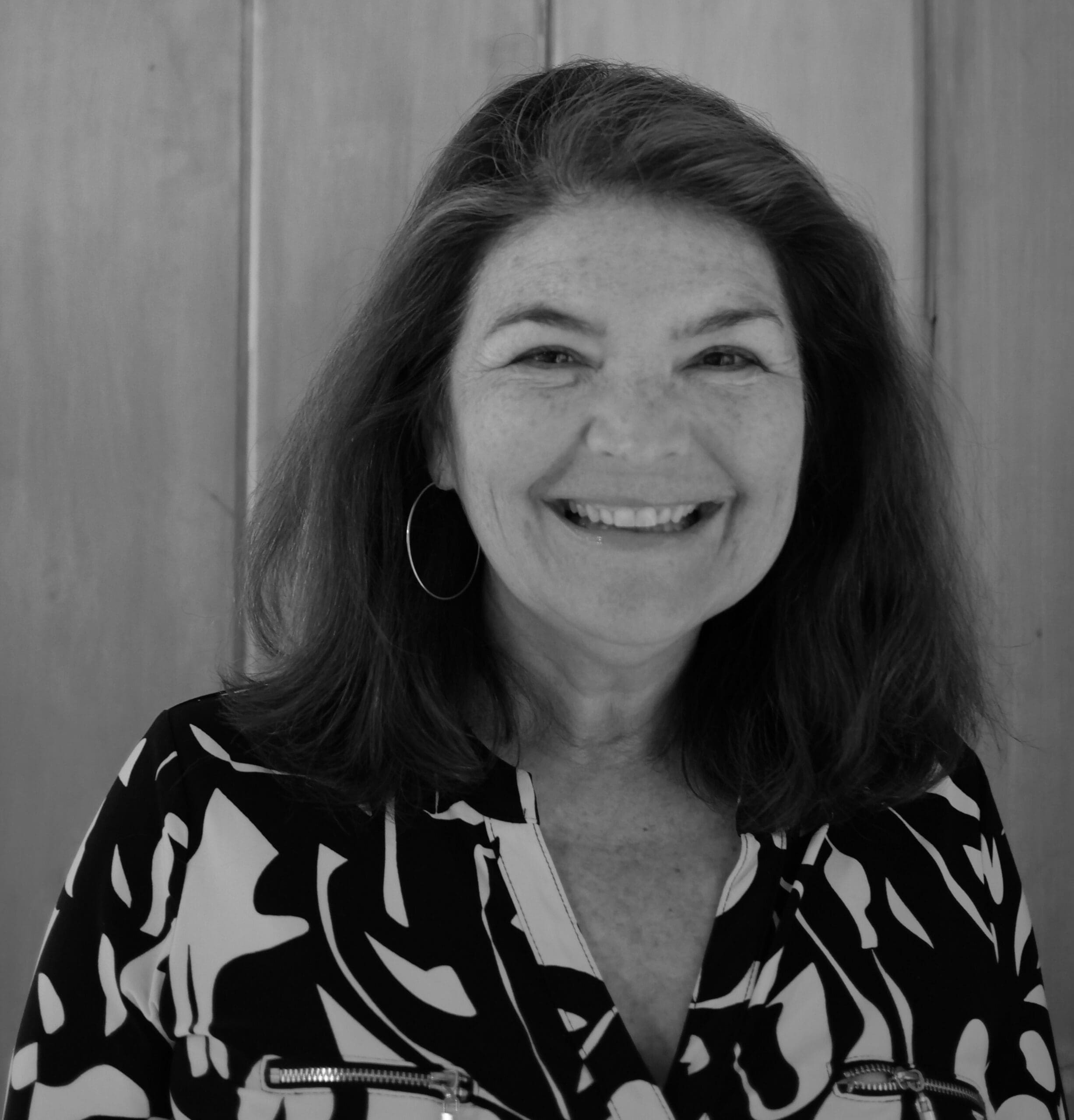
Students dissect owl pellets as part of the Learn program at Open Bio Labs.
Meet Shaun Moshasha, a scientist and biohacker, whose Charlottesville lab is open to the community.
“You didn’t ask me if it’s scary.”
It’s the end of the interview and biohacker Shaun Moshasha wonders why he hasn’t been asked his #1 question. Moshasha, a UVA graduate in Chemistry and Physics, knows the stories of biohackers attempting extreme body modification by injecting themselves with DNA, microchipping themselves, and implanting magnets in their fingertips.
“This one guy created eye drops that helped him see in the dark,” he says with a laugh. “Super cool.”

Shaun Moshasha of Open Bio Labs.
In 2016, Moshaha founded Open Bio Labs in Charlottesville, a 501(c)3 community lab, where amateur scientists can try out their own experiments—though none are doing human testing—and K-12 students can take part in classes that, according to the website, “takes young researchers from zero to genome editing using CRISPR.”
“Biohacking is essentially using biology as a new medium of art and expression,” he says. “Some people paint with pastels; I paint with biology.”
A 3D printed, mounted, antlered deer head oversees the lab, where the scientists can work on second-hand equipment including thermocyclers, centrifuges, freezers, and incubators. “A thermocycler is a machine that you use to essentially replicate DNA and it’s a very fundamental piece of equipment you need for any type of genetic engineering,” he says.
Community Labs have sprung up across the country—there’s also Biologik Labs in Norfolk and Indie Lab in Richmond—part of what he calls “the democratization of knowledge” from the internet and the maturity of biotechnology.
So, is it scary?
“Of course it is,” Moshasha says. “We are exploring at the edge of the unknown! But the future is too promising to shy away.”
This article originally appeared in our October 2020 issue.









